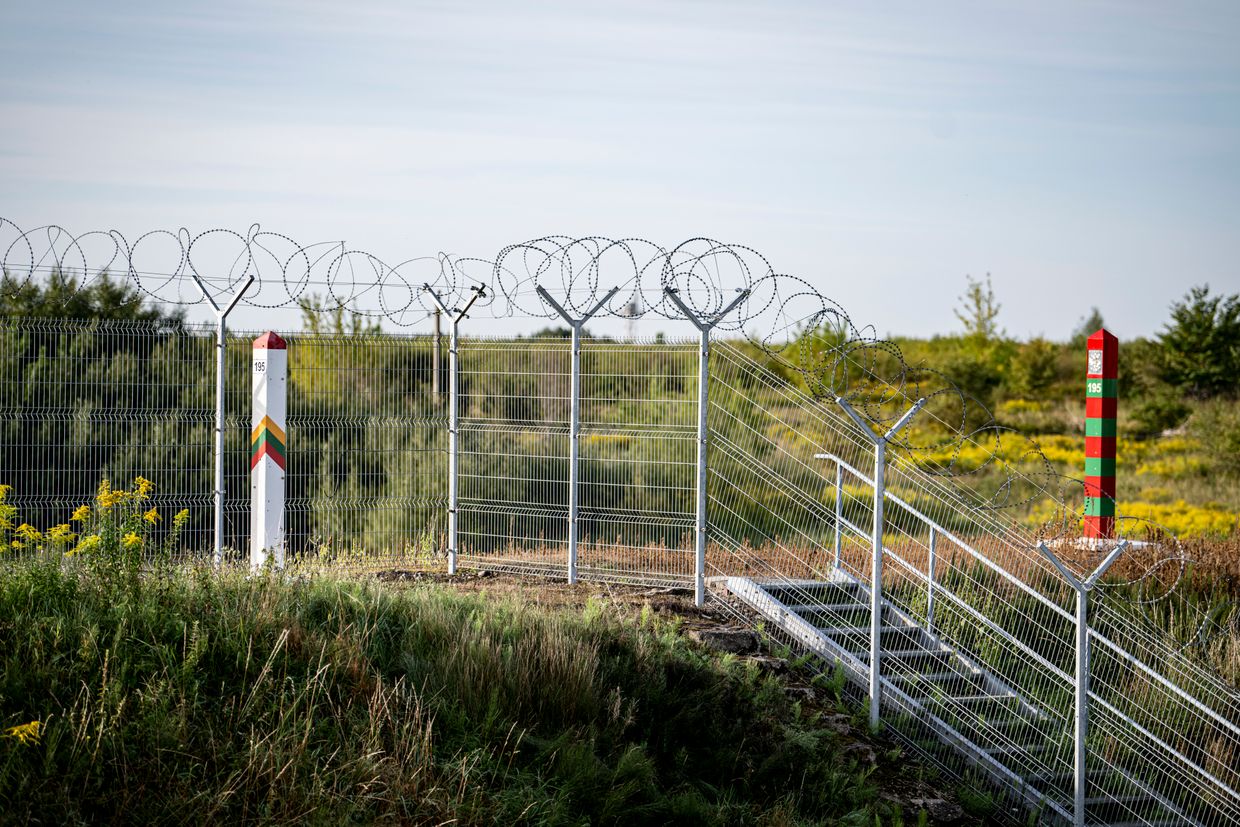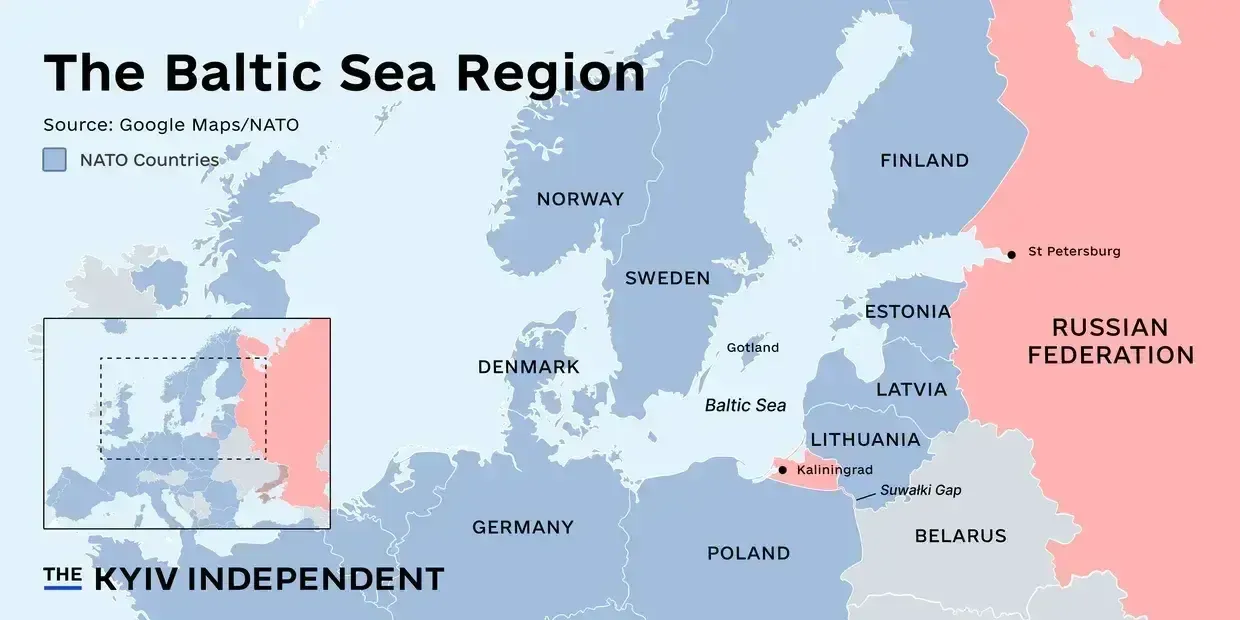"I have great hope that an agreement for a ceasefire in Ukraine will be reached this weekend," German Chancellor Friedrich Merz said on May 9, shortly before traveling to Kyiv alongside the leaders of France, Poland, and the U.K.
U.K. Prime Minister Keir Starmer, French President Emmanuel Macron, German Chancellor Friedrich Merz, and Polish Prime Minister Donald Tusk will arrive in Kyiv early on May 10.
The United States embassy in Kyiv on May 9 issued a warning that Russia could launch "a potentially significant" attack in the coming days, despite Putin's self-declared Victory Day "truce."
The sanctioned oil tankers have transported over $24 billion in cargo since 2024, according to Downing Street. The U.K. has now sanctioned more shadow fleet vessels than any other country.
The sanctions list includes 58 individuals and 74 companies, with 67 Russian enterprises related to military technology.
Washington and its partners are considering additional sanctions if the parties do not observe a ceasefire, with political and technical negotiations between Europe and the U.S. intensifying since last week, Reuters' source said.
Despite the Kremlin's announcement of a May 8–11 truce, heavy fighting continued in multiple regions throughout the front line.
Putin has done in Russia everything that Luiz Inacio Lula da Silva had been against in Brazil.
The Kyiv Independent’s contributor Ignatius Ivlev-Yorke spent a day with a mobile team from the State Emergency Service in Nikopol in the south of Ukraine as they responded to relentless drone, artillery, and mortar strikes from Russian forces just across the Dnipro River. Nikopol is located across from the Russian-occupied Zaporizhzhia Nuclear Power Plant in the city of Enerhodar.
Lithuania to mine border with Russia, Belarus in new $1.2 billion defense plan

Lithuania will invest 1.1 billion euros ($1.2 billion) over the next decade to strengthen defenses along its borders with Russia and Belarus, the Defense Ministry announced on May 5.
Lithuania borders Russia's Kaliningrad exclave to the southwest and Belarus to the east and south. Tensions between NATO and Moscow have escalated since the full-scale invasion of Ukraine.
The ministry said the initiative aims to "block and slow" a possible invasion. About 800 million euros ($905 million) will be allocated for the acquisition and installation of anti-tank mines to deter potential aggression.
Western intelligence agencies have warned of a potential large-scale war in Europe within the next five years, citing Russia's increasingly aggressive posture.
Lithuanian officials have prioritized the defense of the Suwalki Corridor, a strategic stretch connecting Lithuania to Poland, seen as vital for NATO's eastern flank.

In January, Vilnius announced plans to raise its defense spending to between 5% and 6% of GDP annually from 2026 to 2030, citing the threat of Russian aggression in the region.
On March 18, Lithuania, Estonia, Latvia, and Poland declared their intent to withdraw from the Ottawa Convention, an international treaty banning anti-personnel mines.
Moscow has reacted sharply to these moves. Russian Foreign Intelligence Service (SVR) Director Sergey Naryshkin warned on April 15 that Poland and the Baltic states would be the "first to suffer" in a direct NATO-Russia conflict.

Most Popular

After 3 years of full-scale war in Ukraine, Europe announces plan to ban all Russian gas imports

Ukraine, Europe's ceasefire proposal includes US security guarantees, no recognition of Crimea, Reuters reports

Journalist Roshchyna's body missing organs after Russian captivity, investigation says

After Russia's deadly attack on Kyiv, Vance reposts denunciation of Zelensky

Ukrainian sea drone downs Russian fighter jet in 'world-first' strike, intelligence says
Editors' Picks

How medics of Ukraine’s 3rd Assault Brigade deal with horrors of drone warfare

As Russia trains abducted children for war, Ukraine fights uphill battle to bring them home

'I just hate the Russians' — Kyiv district recovers from drone strike as ceasefire remains elusive



